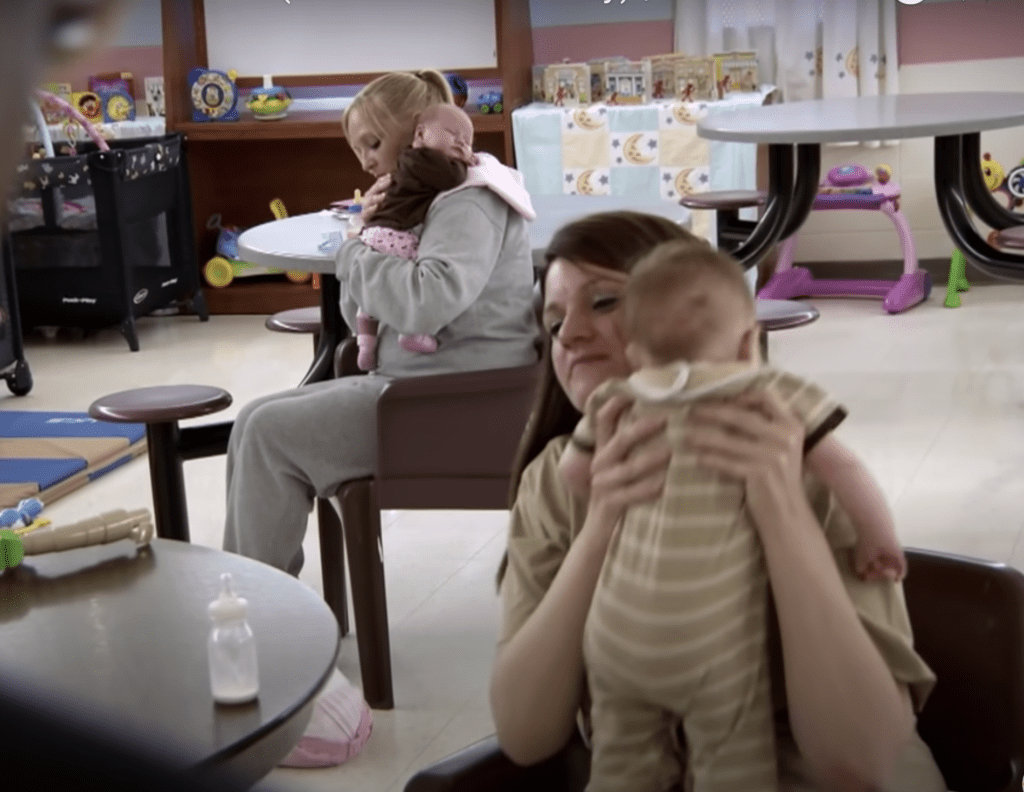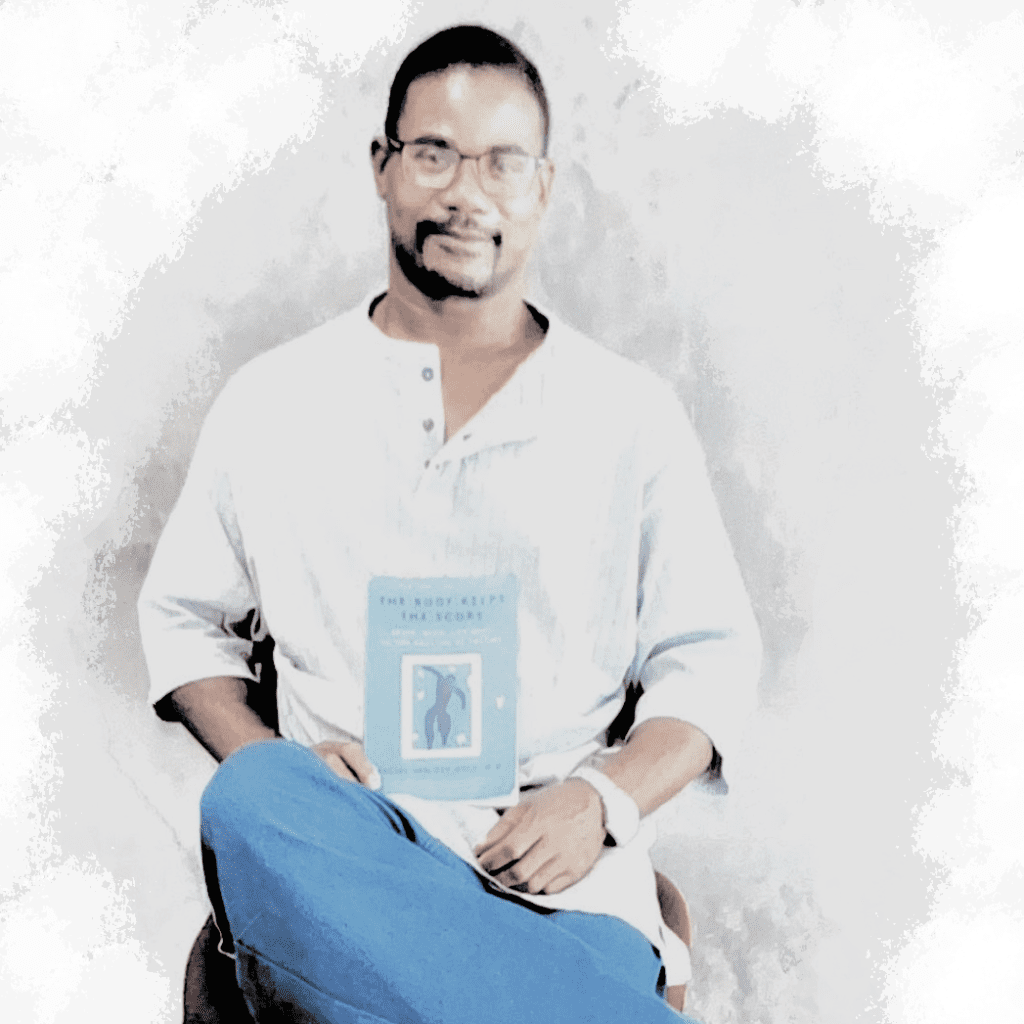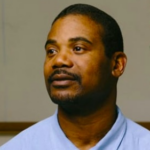
Editor’s Note: Dortell Williams is in his 33rd year serving a sentence of Life Without Possibility of Parole. He earned a BA in Communication Studies from Cal State LA, and is currently an Inside Policy Fellow for the Ella Baker Center for Human Rights.

There is no question that mass incarceration has failed us. It was an ideological fantasy to believe we, as a nation, could arrest our way out of the social and situational problems that plague us. Prisons just make things worse, starting with the dissolution of the family.
Police and prosecutors routinely separate parents from their children — but at great expense — in the name of public safety. Parents are separated from their children at arrest, during imprisonment, and even while incarcerated after giving birth. As time has been well documented, this callused approach doesn’t make us any safer. In fact, what is revealed are grave consequences.
Over 1.25 million U.S. children are currently separated from their parents due to imprisonment. It is also estimated that approximately 400,000 children end up in foster care as a result of parental imprisonment. It is no secret that foster care and boarding schools exact additional traumatic experiences, as a socialite and businesswoman Paris Hilton has repeatedly declared over the years.
Since the ’70s, incarceration rates as a whole have risen dramatically. The crack cocaine epidemic fueled violent crime as claimed territories and illicit profits culminated in assaults and brazen murders, while people addicted to substances committed crimes to desperately feed their habit. The majority of those arrested were fellow citizens suffering from a health crisis; people who needed intervention, not isolation behind bars. Here I must emphasize, prisons do not specialize in addiction interventions, far from it.
Less commonly known is that the vast majority of U.S. women arrested were for crimes involving their significant other; think toxic boyfriends who involved them in criminal activities, trapped them into domestic violence situations, or who otherwise mistreated them. Women who were the victims of sex trafficking, like Tammy Cooper Garvin who was sentenced to die in prison for the fatal actions of her abuser.
Dr. Alisa Berrie, Professor in the Department of Gender Studies at UCLA, says: “If you have a law that punishes people for something someone else did, that law will disproportionately impact victims of domestic violence and sex trafficking because those victims often cannot extract themselves from abusive individuals. Coercion, terror, and chaos puts victims in violent situations, not of their own making.”
The coercion and terror doesn’t end there. Once inside women face more abuse and mistreatment. Studies and investigations show that while women are inside, they are much more likely to be sexually assaulted than their male counterparts. Afeni Shukur, as quoted by Angela Y. Davis, describes the body cavity search as the “internal search”; a pseudonym for what other woman call, “ugetting the finger.” An intrusive, traumatizing violation of a person that can scar a person for life, does not help their addiction, and only compounds the traumas they came to prison with in the first place.
In spite of these travesties, women remain the fastest-growing sector of the U.S. prison population. Since the ’70s the imprisonment of women has grown 200%, even during downturns in crime. In other words, crime is not driving incarceration rates, policies are; intentional decisions to lock people up instead of offering them the intervention and services they need to live productive lives. The same policies that drove mass incarceration coincided with the destructive policies that make women, children, and families for that matter, collateral damage to a system that fails us over and over again.
I believe that when any system does more harm than good that system needs to be dismantled. The harm? Studies indisputably demonstrate that children of incarcerated parents are more likely to end up in prison themselves, motivating a generational cycle of imprisonment in the same geographical clusters, repeatedly. Moreover, if harm is committed against geographical areas in a predictable pattern, then we should be responding in two ways: 1. Investigating what the symptoms are to the harm, and 2. intervening to “prevent” that harm.
If nothing else, government officials — from legislators, to police, to prosecutors — must protect us, all of us, as citizens. That is the primary responsibility of government. Responding to harm after the fact does not protect any of us, it only reinforces revenge and retribution by locking up and traumatizing millions of our own citizens. We should all be demanding prevention, prevention of harm for every citizen, so that no one ends up the collateral consequence of bad policy.
Sources:
Davis, Angela Y. (2003). Are Prisons Obsolete?
Mic (2022, October 13). “Paris Hilton Says She Was Sexually Abused at a ‘Troubled Teen’ Boarding School”
Dortell Williams is an incarcerated person in his 37th year of a Death by Incarceration sentence. He has educated himself inside, earning a BA degree in Communication Studies at California State, Los Angeles, and is a founding member of Taming Trauma. To learn more about Dortell and support his quest for freedom, go to www.freedortellwilliams.com.

